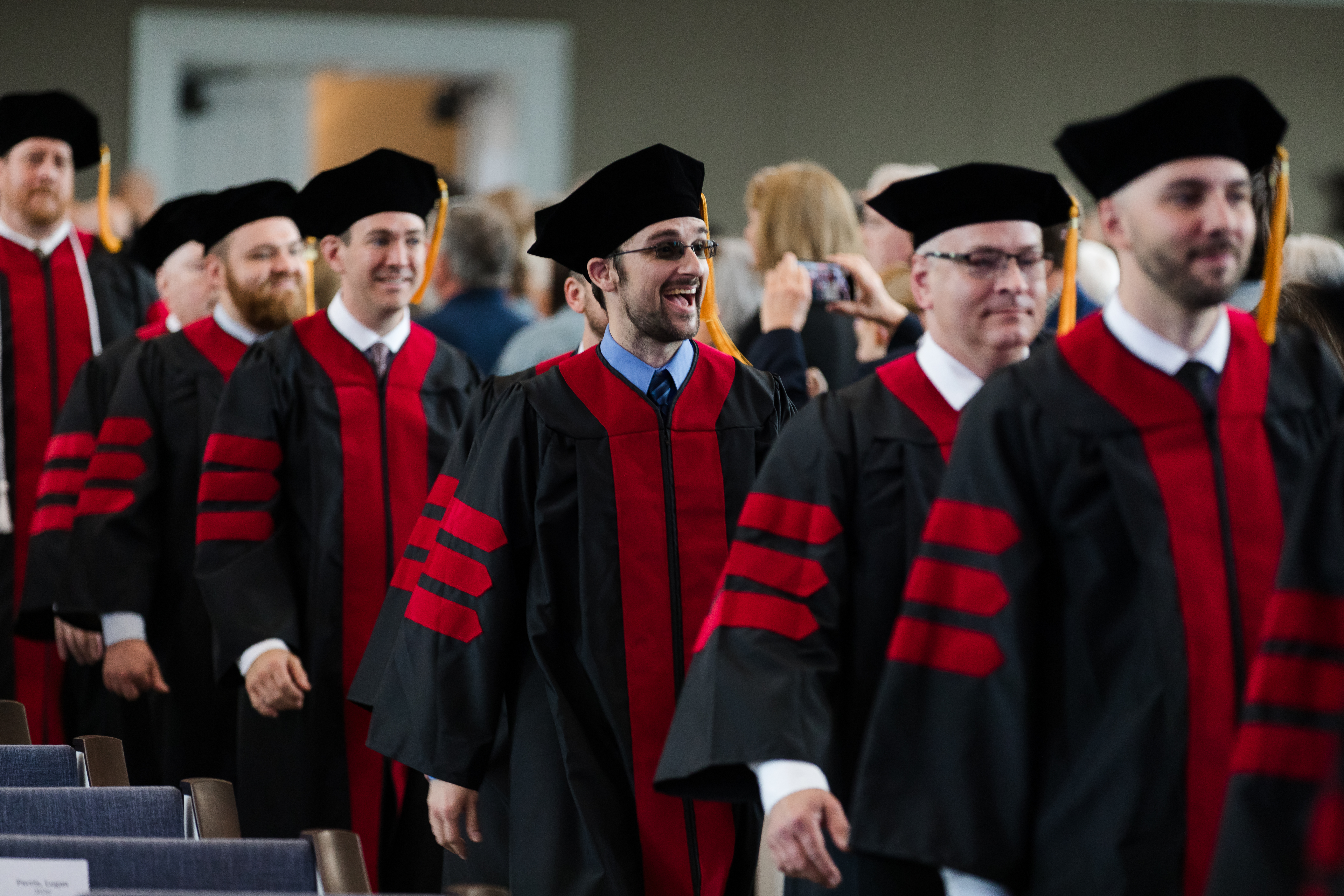1. Rest is life rightly ordered.
It is ludicrous to think that God rested because of his exhaustion—for “he does not faint or grow weary” (Isa 40:28) and “he who keeps Israel will neither slumber nor sleep” (Ps 121:4). Instead, as God completed all the work of creation, he rested as a king resting on his throne, overlooking his perfectly ordered kingdom. In the context of Scripture, he is communicating and celebrating his very nature:
- He is sovereign and in control over all created things.
- He is intentional in ordering creation.
- He sustains all of creation by his grace.
- He is faithful and good as his creation rests back in him.
- He is holy and set apart from all other gods.
- He is the perfect Creator.
When God rests on His throne as king over His perfect creation, His creation rests back in Him. Everything is as it should be. This is the essence of human rest: not a lazy haze or an undefined slumber, but “working” (Gen 2:15) and “walking” (Gen 3:8; cf. Lev 26:12) with the Lord. Why? Because genuine, spiritual, biblical rest occurs when we rightly order our lives, when God’s good creation sits under the authority, power, and might of their Creator.
2. Rest is the telos of every created thing.
The seventh day communicates the telos of creation: its goal, intent, design, and ideal. The repeated phrase “evening came, and then morning” define every other day of creation, but day seven does not include it. Instead, God “blessed” the evening-less and morning-less seventh day, communicating the theological reality of creation enjoying a perpetual rest in him.
Every created thing longs for this seventh-day rest—with God presiding and reigning in unceasing peace. The seventh day is holy and blessed because this day of creation, more than any other, expresses the telos of every created thing.
3. Rest is lost in sin.
In Genesis 3, Adam and Eve twist God’s purposes, and chaos ensues as they fail to obey their original design. God creates Adam and Eve to be fruitful, multiply, and have dominion over all created things (Gen 1:26–28). Instead, they allow the serpent to rest on the throne reserved for the Almighty (cf. Gen 3:1–6).
As a result of this cosmic insurrection, this “unending, holy rest day” is shattered. Though God designs all of creation to live and operate in a perpetual state of rest in Him, sin brings the very opposite of rest: shame (Gen 3:7, 10), strife (3:12–14, 16), pain (3:16), toil (3:17–18), sweat (3:19), and death (3:19).
This restlessness still characterizes our world. If rest is a life rightly ordered, then unrest is a life of disorder, a life with wrong priorities, and a life living in opposition to God’s good design.
4. Rest is regained through God’s work on our behalf.
However, God displays two miraculous acts of mercy in the immediate context of Genesis 3. First, God sets out to reconcile humanity, restore order to his creation, and reclaim his throne (Gen 3:15). Through his divine orchestration, God will crush the serpent.
Second, immediately following the sin of Adam and Eve, but before kicking them out of Eden, God “made for Adam and for his wife garments of skins and clothed them” (Gen 3:21). Throughout Genesis 1–2, this Hebrew word for “made” is one of the common words used in God’s creating the earth. God’s making and creating ceased during the seventh day, but immediately following the fall, the text indicates that he began to work again. Though the rest of day seven was lost, God mercifully began his work to redeem rest and redemption for his rebellious creation.
As Christians, we live in tension. One side pulls us into God’s redemptive work through Jesus to bring back the “rest” lost in Eden, while the other side pulls us back into worldly chaos. In the creation account, we learn that in Christ we are restored so we can rest again.





No comments have been added.